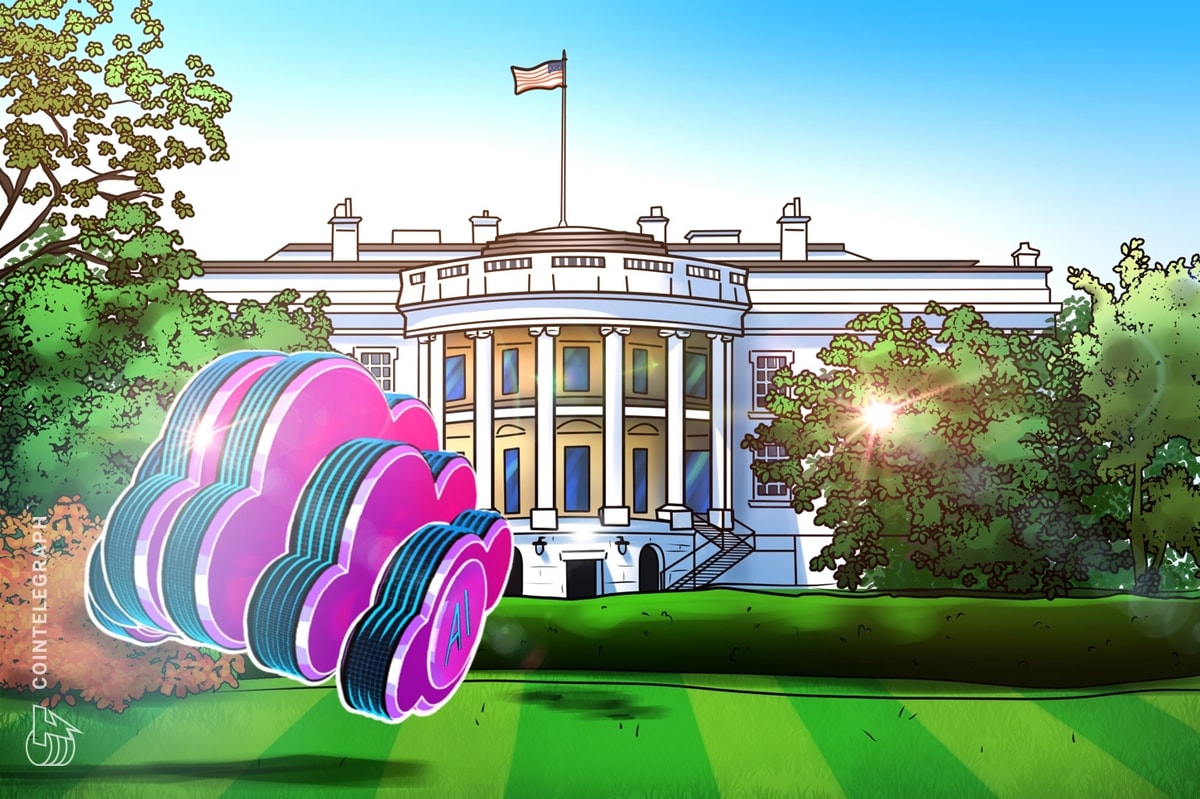A bipartisan group of United States Senators has introduced a new bill that seeks to combat artificial intelligence deep fakes and better protect the rights of creators by “watermarking” content.
Led by Democratic Party Senator Maria Cantwell, the new bill outlines several measures to crack down on AI-generated content, expand protections for online creators, and introduce controls on the types of content that AI can be trained on.
The Content Origin Protection and Integrity from Edited and Deepfaked Media Act (COPIED act) calls for a standardized method for watermarking AI-generated content online.
Additionally, the bill calls for introducing guidelines that will require AI service providers to enable creators to embed information concerning the originality of their content in a way that AI tools cannot remove or exclude.

The bill will work to provide “much-needed transparency” into AI-generated content, according to Cantwell in a July 11 statement to the US Senate Committee on Commerce, Science, and Transportation.
“The COPIED Act will also put creators, including local journalists, artists, and musicians, back in control of their content with a provenance and watermark process that I think is very much needed,” she added.
Related: Microsoft and Apple renounce OpenAI board membership
AI’s ability to scrape huge volumes of data from across the web came under fire when US publishing giant The New York Times sued the world’s leading AI firm OpenAI for copyright and intellectual property violations.
More recently, technology giants Microsoft and Apple have distanced themselves from OpenAI amid growing concerns from global regulators over privacy and data violations.
On July 10, Microsoft penned a letter to OpenAI announcing its withdrawal from the board, just one year after the Windows software maker made a $13 billion investment in the firm.
In June, European Union regulators announced that OpenAI could face a European Union antitrust investigation over its partnership with Microsoft.
AI Eye: $1M bet ChatGPT won’t lead to AGI, Apple’s intelligent AI use, AI millionaires surge











